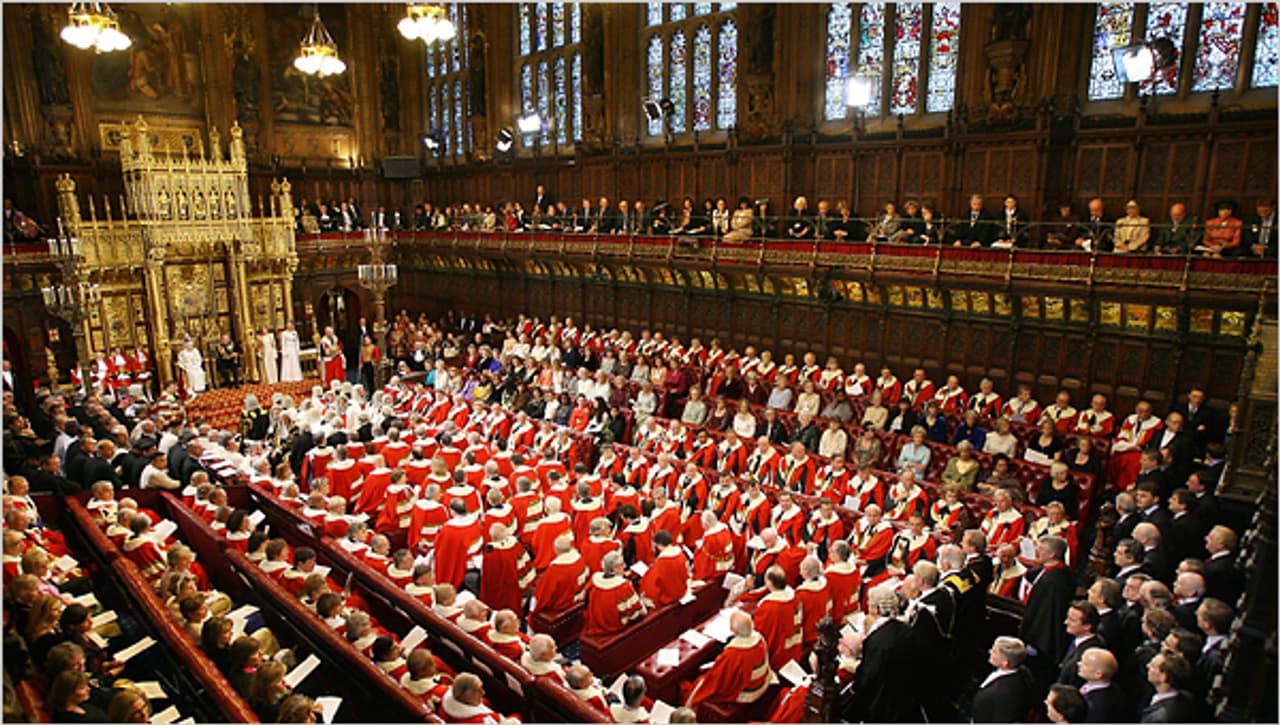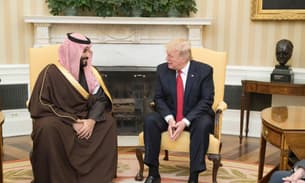
Analysis: Lawmakers should not be lobbyists
When the Conservative MPs Neil Hamilton and Tim Smith were revealed to have taken cash from the former Harrods owner Mohamed al-Fayed to ask questions in the House of Commons it caused a public outcry.
Hamilton lost his seat to TV journalist turned sleaze campaigner Martin Bell, and the scandal led to the creation of the Nolan Committee on standards in public life.
In the fifteen years since ‘cash for questions’ the House of Commons has cleaned up its act significantly. MPs are no longer allowed to lobby for any organisation with in which they have a financial interest.
Peers have to declare their financial interests in the Register of Interests but beyond that it is a free-for-all.
Or in the language of Parliament it is “inconsistent with the dignity of the House” for an MP to “advocate or initiate any cause or matter on behalf of any outside body or individual in consideration of any remuneration, fee, payment, or reward or benefit in kind, direct or indirect”.
And the penalties for transgression are severe, as former MPs Stephen Byers and Geoff Hoon found out when they were secretly recorded in the ‘cabs for hire’ scandal, attempting to get jobs as lobbyists after they stood down as MPs.
But a few hundred yards away from the green benches of the House of Commons things are rather different.
In the House of Lords – which still debates, votes on and influences legislation – the rules are less clear and, many believe, openly flouted.
Lords reform is far from a foregone conclusion and this is an immediate problem. Their lordships should grasp the nettle and sign-up to the Commons rules on lobbying. Those who refuse should be able to keep their title but stand aside from the legislative business of the house.
Yes, peers have to declare their financial interests in the Register of Interests but beyond that it is a free-for-all.
One senior Liberal Democrat described the scene in the lobbies and bar of the Lords on occasion as being like a ‘lobbyist’s convention’.
Even the Tories accept there is a problem. ‘Oh he isn’t the only one,’ one said, when the Blencathra case was raised with him.
Blencathra says that he is meticulous in ensuring that he has no conflict of interest between ‘that role and my duties in the Lords’. But he really shouldn’t have to be. The rules should not allow a conflict of interest in the first place.
Transparency campaigners are pinning their hopes on reform of the House of Lords. As soon as Lords are elected, they say, they will be under the same obligation as MPs and the problem will cease.
Perhaps. But Lords reform is far from a foregone conclusion and this is an immediate problem. Their lordships should grasp the nettle and sign up to the Commons rules on lobbying. Those who refuse should be able to keep their title but stand aside from the legislative business of the house.
It is a simple point: law makers should not be lobbyists.
Oliver Wright is Whitehall Editor for the Independent
Sign up for email alerts from the Bureau here.




